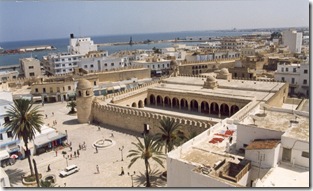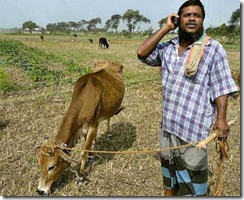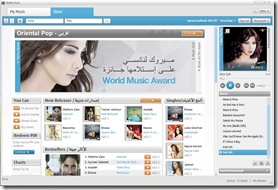Tunisia’s telecoms ministry has opened the tender for a licence to operate both a fixed and mobile network across the north African country, including 3G services.
 The tender process for the licence of Tunisia’s second fixed-line network and third mobile network, is expected to be completed in Q209.
The tender process for the licence of Tunisia’s second fixed-line network and third mobile network, is expected to be completed in Q209.
The licence will be awarded by open international tender, with the deadline for bids scheduled for May 5, 2009.
According do the Arab Advisors Group, the country of 10.2 million has a fixed penetration rate of 12.4 per cent, and cellular penetration of 76.7 per cent.
Tunisia is currently served by the state-backed Tunisie Telecom, which holds a monopoly in the fixed-line market, as well as offering mobile services. The second mobile operator and market leader by a slight margin is Tunisiana, controlled by Egypt’s Orascom Telecom, and which has a market share of 50.8 per cent since introducing services in 2002.
The Ministry of Communication Technologies (MCT) states that potential bidders should comprise a telecommunications network operator, or a consortium led by an operator including other investors.
Investors interested in participating in the process must first pay a non-refundable registration fee of TND6,000 (US$4,400) and sign a confidentiality agreement.
The tender process is expected to be completed in the second quarter of 2009.







